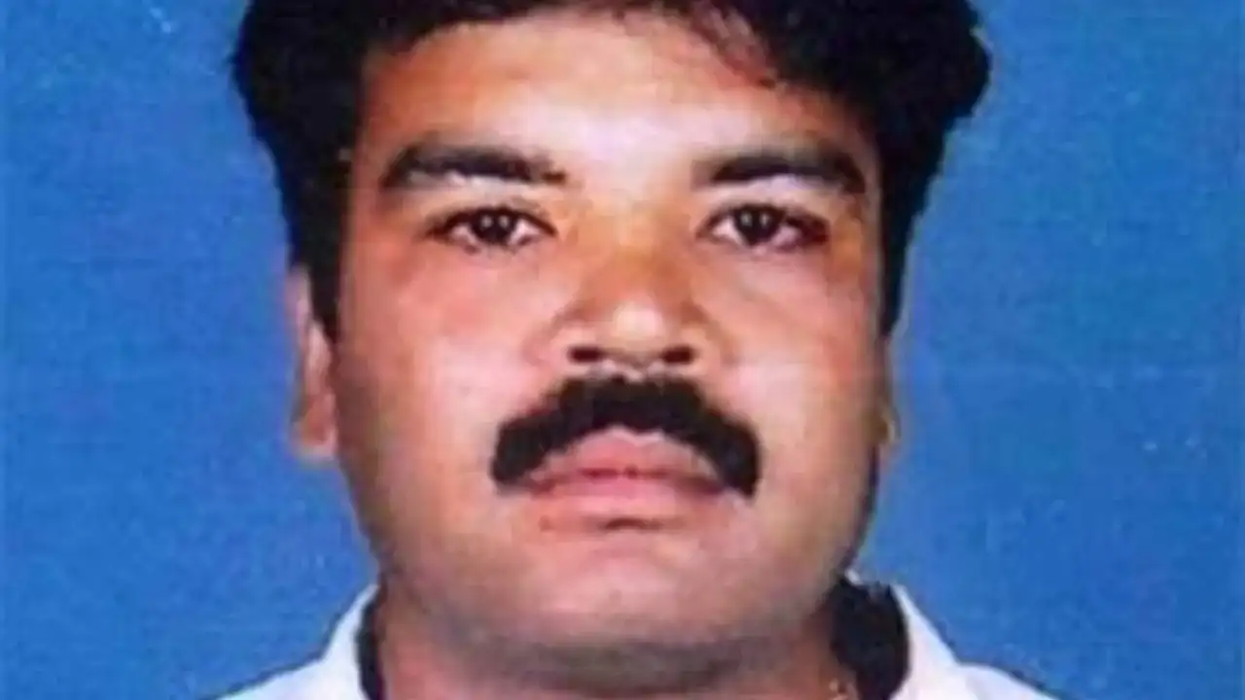As many as forty-two per cent of children in the age group of 14 to 18 years in rural India struggle with reading easy sentences in English, while more than half of them face challenges with simple division problems, said the Annual Status of Education Report (ASER) 2023 which was released on Wednesday (17).
The ASER 2023 'Beyond Basics' survey was conducted in 28 districts across 26 states, reaching a total of 34,745 youths in the age group 14-18 years.
One rural district was surveyed in each major state, with the exception of Uttar Pradesh and Madhya Pradesh, where two rural districts were surveyed.
The annual report published by the Pratham Foundation also found that more than half of the students in the 14-18 age group struggle with division problems.
"About 25 per cent of this age group still cannot read a class 2 level text fluently in their regional language. More than half struggle with division (3-digit by 1-digit) problems.
Only 43.3 per cent of 14-18-year-olds are able to do such problems correctly. This skill is usually expected in class 3 and 4.
"A little over half can read sentences in English (57.3). Of those who can read sentences in English, almost three quarters can tell their meanings (73.5 per cent)," the report said.
ASER reports are also used by the government while formulating policies.
Across enrollment categories, females (76 per cent) do better than males (70.9 per cent) in reading a Class 2 level text in their regional language.
In contrast, males do better than their female counterparts in arithmetic and English reading.
The report says that around 45 per cent of the students surveyed could calculate the number of hours a child had slept based on the time she went to bed at night and woke up in the morning.
In another everyday task of measuring an object with a scale, 85 per cent of those surveyed could calculate the length of an object correctly if it was placed at the '0' mark on the ruler.
But when the object was moved and placed elsewhere on the ruler, less than 40 per cent could give the right answer.
Two-thirds of the surveyed youths (65.1 per cent) were able to read functional instructions on a packet of ORS solution, the report said.
According to the report, low levels of foundational numeracy affect the ability of youth in tackling everyday calculations where they need to apply measurement or use the unitary method in practical situations, or even do simple financial computations (managing a budget, applying a discount or calculating interest rates or repayment of a loan.
"Catch up efforts for foundational literacy and numeracy are needed for a significant portion of the 14-18 population, not only for doing better in school but also for everyday needs. Data from ASER 2023 indicates that building foundational literacy and numeracy may be needed for about a fourth of youth in the 14-18 age group.
"NEP (National Education Policy) 2020 recognises the need for 'catch up' in the case of those who have fallen behind. Thus, programmes could be put in place, if they do not already exist, to help students from Std VIII and higher grades who are lagging behind academically," it added.
ASER is a nationwide citizen-led household survey that provides a snapshot of the status of children's schooling and learning in rural India.
First implemented in 2005, the 'basic' ASER survey was conducted annually until 2014 and switched to an alternate-year cycle in 2016.
The 'basic' ASER collects information about enrollment in preschool and school for children in the age group of three to 16, and assesses children aged between five to 16 one-on-ones to understand their foundational reading and arithmetic abilities.
In the intervening years, the ASER survey dives deeper into different aspects of children's schooling and learning in rural India.
The 2023 survey explored the following domains: what activities are India's youth currently engaged in, do they have basic and applied reading and math abilities, their digital awareness, and skills, do they have access to smartphones, what do they use smartphones for, and can they do simple tasks on their smartphones?
"Trends on basic learning have remained relatively unchanged over the last decade. Although the National Achievement Survey (NAS) and ASER use different metrics and methods for assessing learning, both point to the fact that basic learning levels of elementary school children need significant improvement.
"NEP 2020 also clearly states the urgent need for ensuring that by Std III, children have acquired basic reading and arithmetic skills," the report said.
(PTI)

















 All eyes on Donald Trump Jr and Bettina Anderson as their PDA grabs attention before Trump’s arrivalGetty Images
All eyes on Donald Trump Jr and Bettina Anderson as their PDA grabs attention before Trump’s arrivalGetty Images  Donald Trump Jr and girlfriend Bettina Anderson steal the spotlight with PDA at New Jersey airportGetty Images
Donald Trump Jr and girlfriend Bettina Anderson steal the spotlight with PDA at New Jersey airportGetty Images  Donald Trump Jr. and Bettina Anderson depart the White House to attend the Military ParadeGetty Images
Donald Trump Jr. and Bettina Anderson depart the White House to attend the Military ParadeGetty Images  Bettina Anderson and Donald Trump Jr spotted in a candid moment Getty Images
Bettina Anderson and Donald Trump Jr spotted in a candid moment Getty Images  Donald Trump Jr. with Bettina Anderson ahead of US President Donald Trump's addressGetty Images
Donald Trump Jr. with Bettina Anderson ahead of US President Donald Trump's addressGetty Images 
